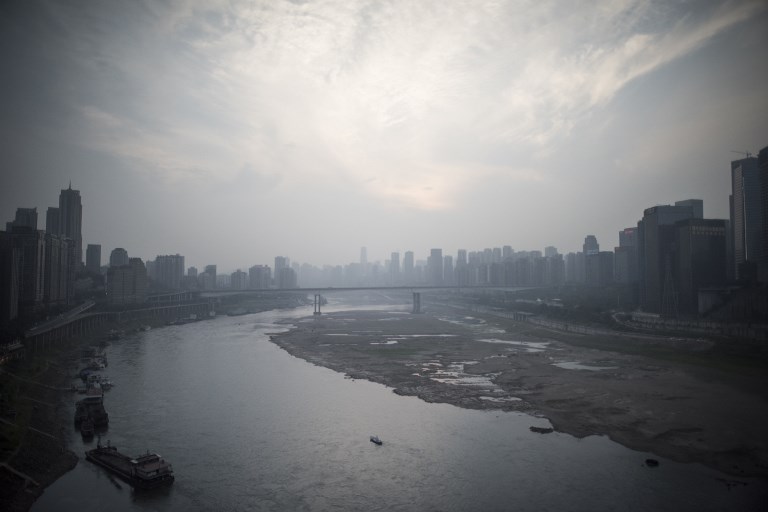After 2 years, Yangtze clean-up is obvious
BEIJING — Fu Zhiqiang, a middle-aged resident of Luzhou, Sichuan province, has made a habit of taking a walk every day-for more than a decade-along the bank of the Yangtze River.
“To keep fit, I would walk after dinner if it wasn’t raining,” he said. “I have seen the improvement in the quality of water in the river in the past two years.”
Like Fu, all the roughly 5 million residents of Luzhou, in the upper reaches of the Yangtze, drink river water.
More than two years ago, the river was significantly polluted. Many illegal wharves that received building materials, such as sand and rocks, littered the shoreline and lowered the water quality.
The change for the better came when the concept of protecting the environment in the Yangtze River Economic Belt was formulated and given top priority by the central government.
Article continues after this advertisementSince 2016, the Luzhou city government has closed 73 illegal wharves, said Mao Yuanfei, an information officer with the city’s information office.
Article continues after this advertisementTo guarantee the quality of water, she said, the city has set up a so-called isolation net made of steel and cement in sections of the Yangtze where water would be drawn to water plants. The water was to be treated before delivery to the city’s residents as drinking water. It has banned fishing boats in those sections.
The efforts have paid off.
Tang Daiqiang, an employee at Nanjiao Water Co, inspects the bank of the Siduxi section of the river in Luzhou every day. Water is diverted from that section to the Nanjiao Water Plant, which provides drinking water to 80 per cent of the residents in the city.
“I used to be able to fill a big bag with rubbish in less than an hour after starting the inspection. The rubbish included plastic bags and woven bags. Now after one day of inspection, I can only fill a small bucket with rubbish,” Tang said.
Thanks to the improved water quality, Rao Min, a 31-year-old resident of the city, recently purchased an apartment near the river with the intent of inviting his parents to live there.
The change in Luzhou is just one of the efforts by the central government to improve the water quality in the Yangtze.
In May 2016, what was then the Ministry of Environmental Protection started a national campaign to protect sources of drinking water in the Yangtze River Economic Belt, which is designed to benefit more than 500 million people in two municipalities and nine provinces.
The Luzhou section of the river is Sichuan’s longest at 136 kilometres. It accounts for two-thirds of the river’s length in Sichuan.
